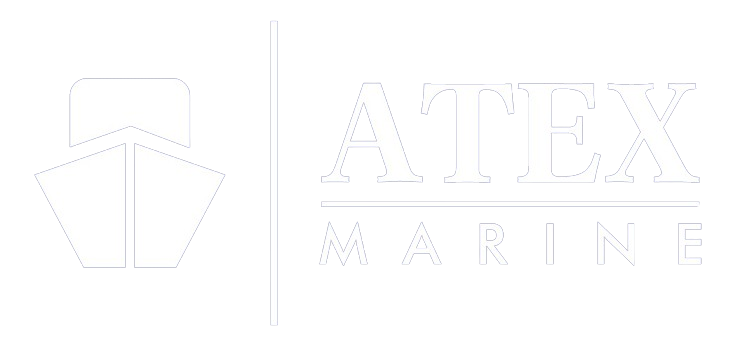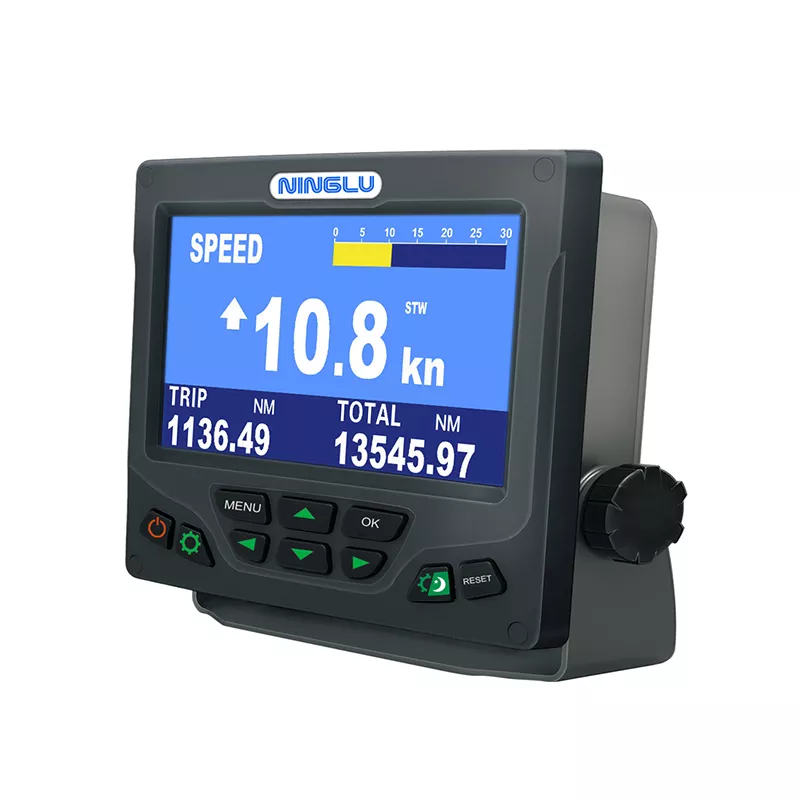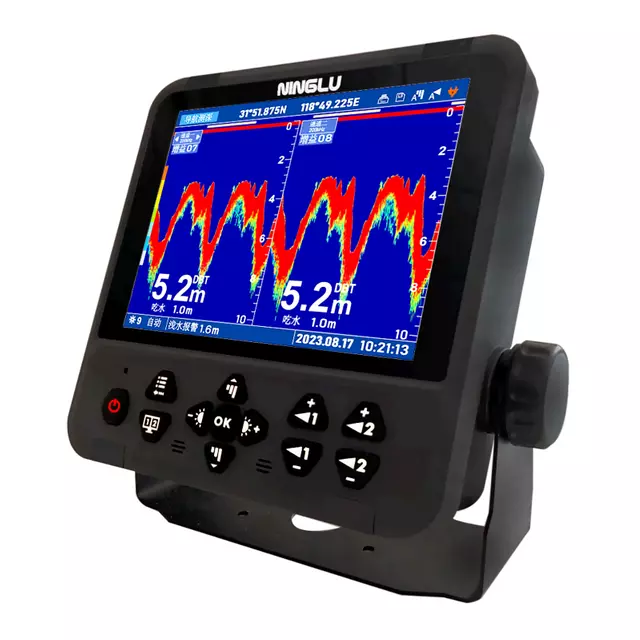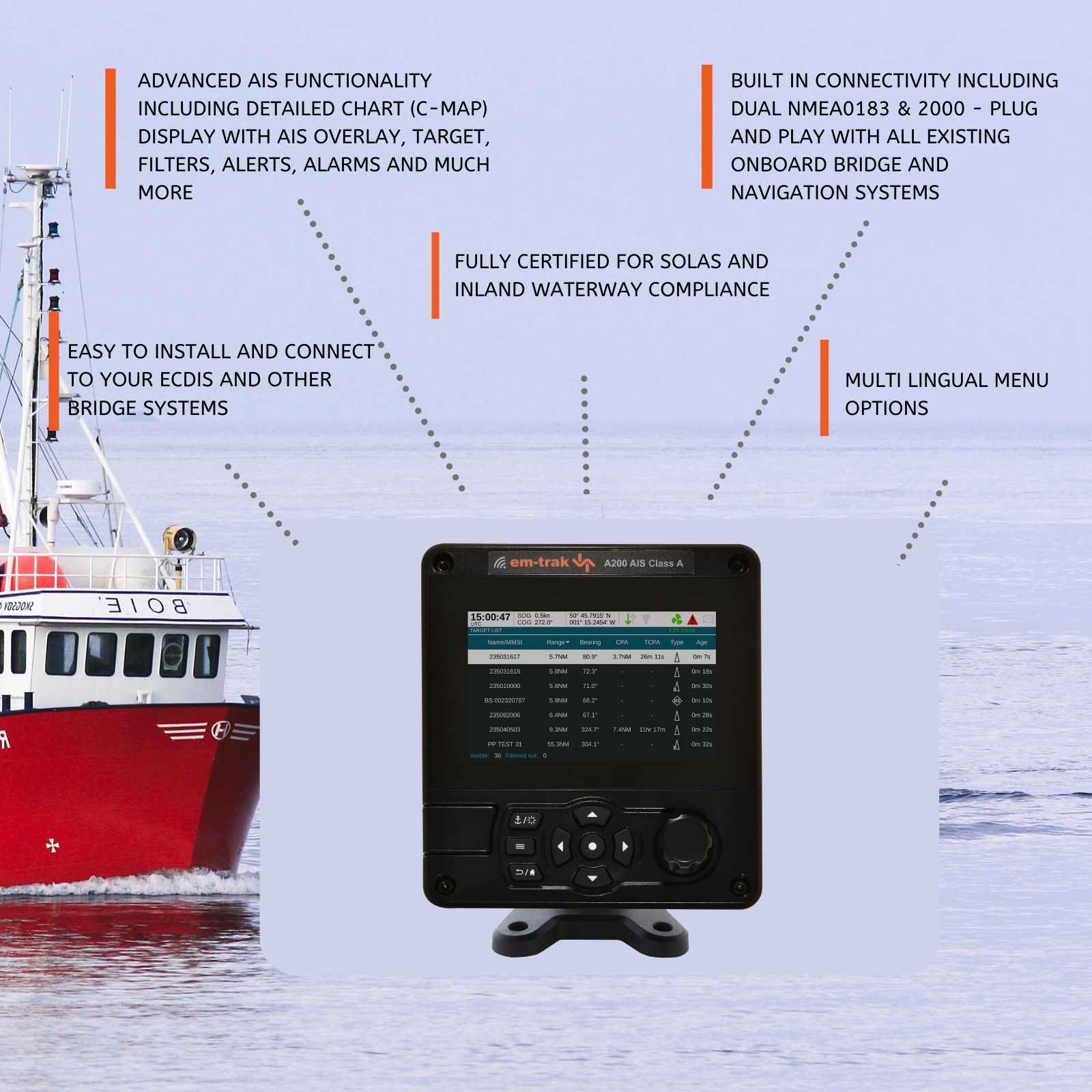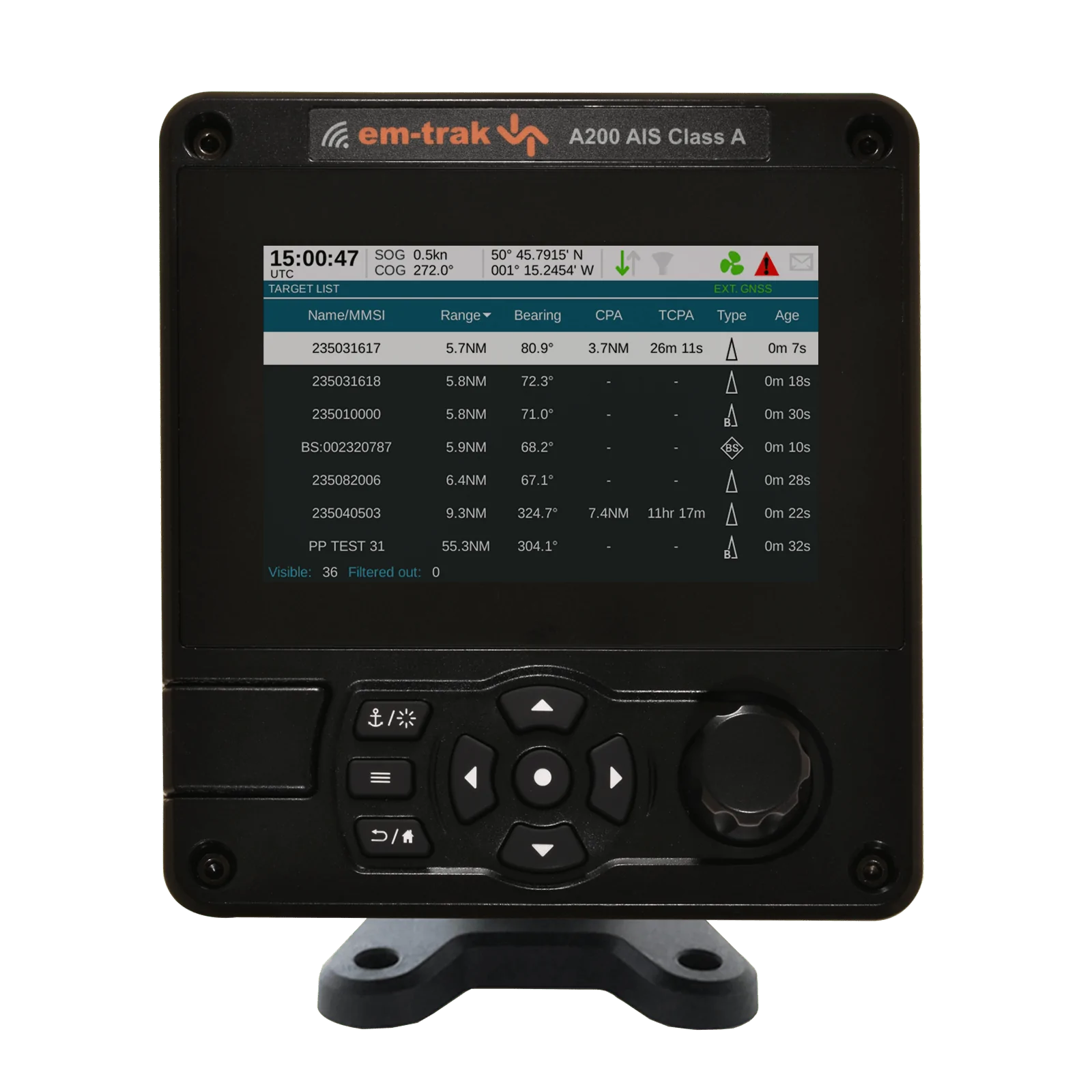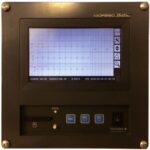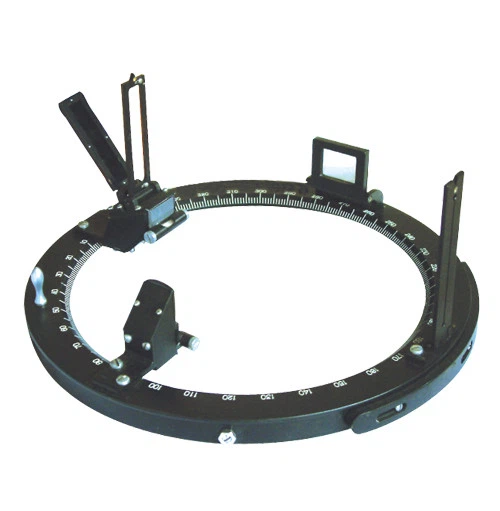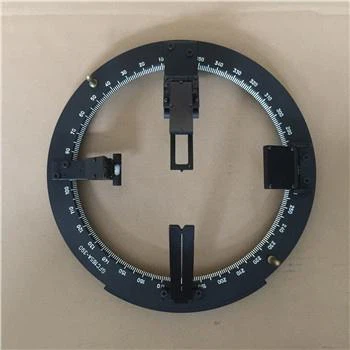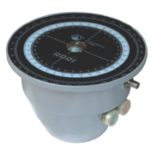Understanding SSAS
The Ship Security Alert System (SSAS) is a critical component of maritime security, designed to alert designated authorities ashore and nearby vessels of a security threat or piracy incident onboard a vessel. SSAS enhances the safety and security of ships by enabling prompt response and coordination in emergency situations.
Introduction to SSAS
SSAS is mandated under the International Maritime Organization’s (IMO) International Ship and Port Facility Security (ISPS) Code, requiring vessels to install SSAS equipment for discreet alerting of security threats. The system provides a covert means of alerting authorities without alerting potential attackers, ensuring the safety of crew, cargo, and vessel.
Key Features of SSAS
- Covert Alerting: SSAS allows for silent alerting of security threats, minimizing the risk of detection by unauthorized personnel.
- Immediate Notification: Alerts are transmitted to designated security authorities and nearby vessels in real-time, enabling swift response and assistance.
- Global Coverage: SSAS operates via satellite communication, ensuring coverage in remote maritime regions and facilitating international response coordination.
- Integration with ISPS Code: SSAS compliance is mandatory for vessels falling under ISPS Code requirements, ensuring adherence to international maritime security standards.
10 FAQs about SSAS
| Question | Answer |
|---|---|
| What is SSAS? | SSAS stands for Ship Security Alert System, a security measure mandated under the ISPS Code for discreet alerting of security threats onboard vessels. |
| How does SSAS work? | SSAS allows vessels to send covert alerts to designated security authorities via satellite communication systems, notifying them of security threats or piracy incidents. |
| Who is required to have SSAS onboard? | Vessels required to comply with the ISPS Code, including passenger ships, cargo ships over 500 gross tons, and mobile offshore drilling units, must have SSAS equipment installed. |
| What happens when SSAS is activated? | Activation of SSAS triggers an alert signal that is immediately transmitted to designated security authorities and nearby vessels, prompting coordinated response actions. |
| Is SSAS alerting discreet? | Yes, SSAS alerting is designed to be discreet to avoid alerting potential attackers or unauthorized personnel onboard. |
| Can SSAS be manually activated? | Yes, SSAS can be manually activated by authorized personnel onboard the vessel in response to security threats or emergencies. |
| Are there testing requirements for SSAS? | Yes, vessels must conduct regular testing of SSAS equipment to ensure proper functionality and compliance with regulatory requirements. |
| How often should SSAS be tested? | SSAS should be tested at least once every three months, following manufacturer’s guidelines and regulatory requirements. |
| What are the penalties for non-compliance with SSAS requirements? | Non-compliance with SSAS requirements may lead to penalties, including fines and restrictions on vessel operations, under international maritime security regulations. |
| How has SSAS improved maritime security? | SSAS has enhanced maritime security by enabling prompt alerting and response to security threats, ensuring the safety of vessels, crew, and cargo. |
Conclusion
SSAS plays a crucial role in maritime security operations, providing vessels with a discreet and effective means of alerting authorities to security threats. By complying with SSAS requirements and understanding its operational procedures, maritime stakeholders contribute to safer and more secure maritime environments worldwide.
